-(2).png)
Who should attend Bett 2025?

Schools
Are you improving the lives of teachers and learners by exploring new ways for everyone to thrive? At Bett 2025, you’ll make valuable connections and find the solutions needed to better the learning experience.
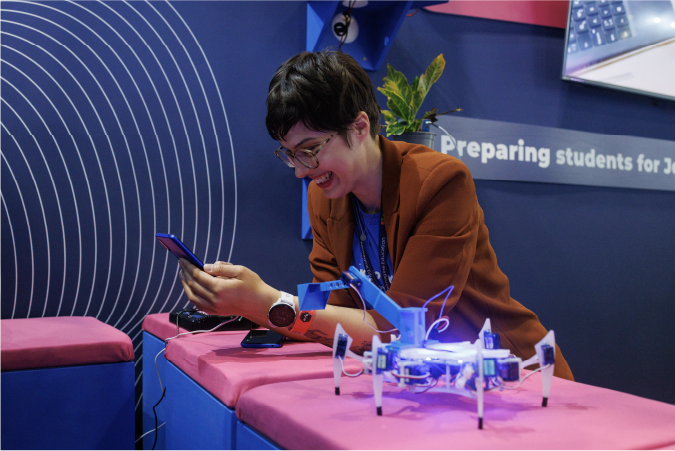
Government
Government representatives and ministers, are you ready to create real impact and change the game for education worldwide? At Bett 2025, you'll meet with a global community of educators ready to transform the learning experience with your help.
2024 exhibitor snapshot
Discover our world-class content
Agenda
The world's biggest week in education welcomes a world-class lineup! Be inspired by renowned experts, thought leaders and visionaries across EdTech and beyond.
Incredible programmes for 2025

TableTalks
We know how powerful it is when fellow educators come together to discuss their shared experiences, challenges and opportunities. TableTalks does precisely this, bringing together individuals from schools, universities and governments based on their primary topics of interest.
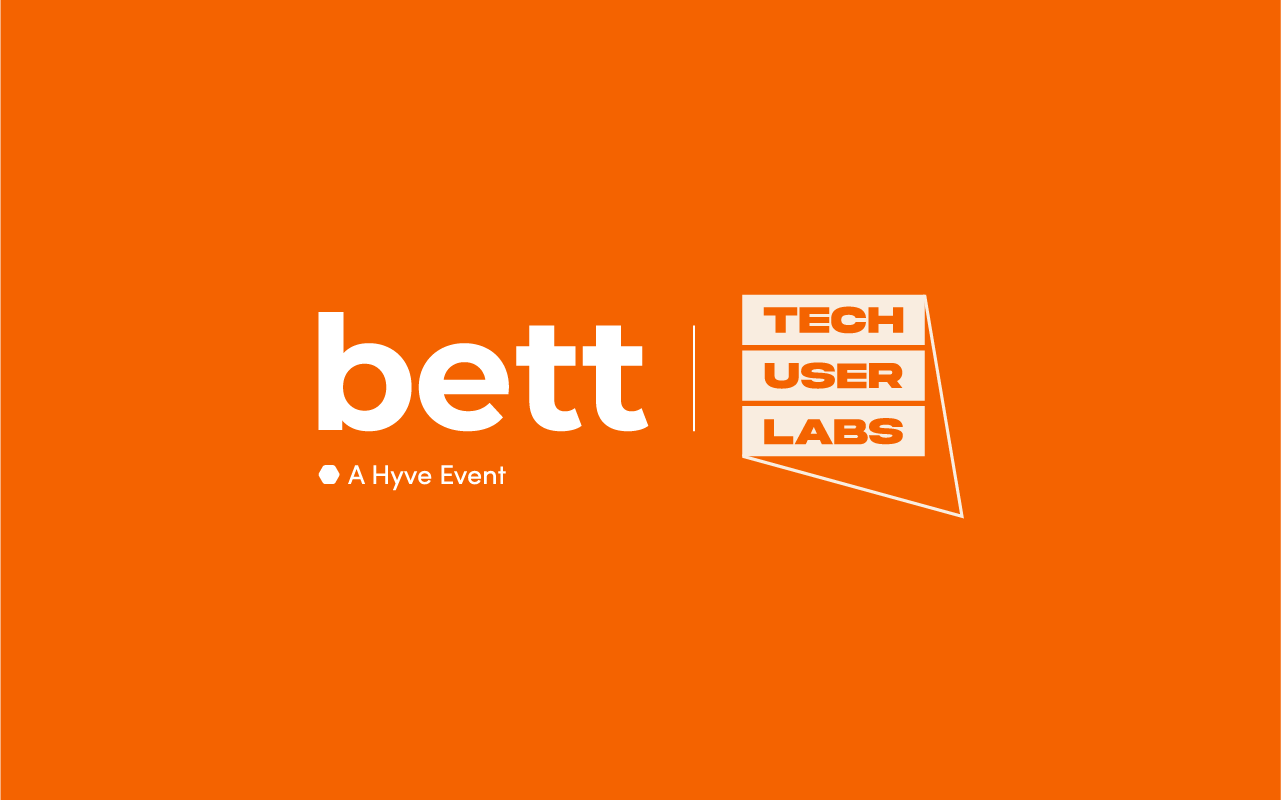
Tech User Labs
You’ve invested in the best technology, but are you using it to its full potential? At Tech User Labs, you can learn how to get the most out of your current technology from world leading EdTech experts in tutorials and working groups based on your primary interests.
Connect @ Bett
Empowering education decision makers to discover the right solutions for their learners in a fraction of the time.
Connect @ Bett is transforming the way that our community connects and collaborates by using data and technology to make critical connections between education decision makers and solution providers, fueling the EdTech sector.

A better world
through education
Join over 6,000 educators and EdTech advocates from universities and colleges across the world for three days of unmissable learning. With insights from industry leaders and the latest cutting-edge technology, together we can better the Further and Higher Education experience for everyone.
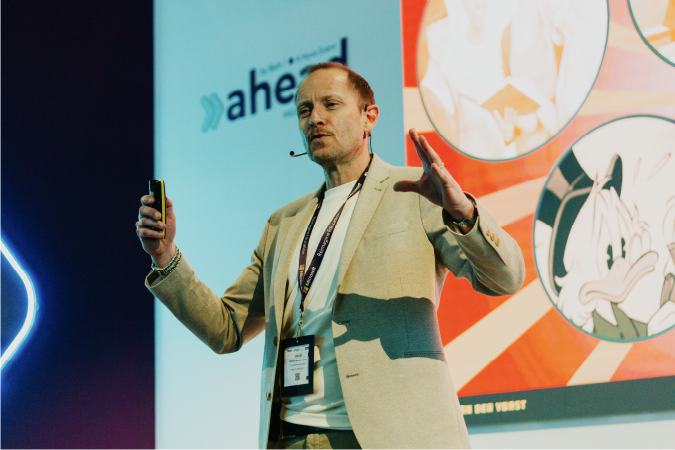

Why visit?
Gain access to the highest quality EdTech, industry leaders, live demos, and collaboration opportunities that you won't find anywhere else! Bett 2025 is a must-attend event with the power to make a genuine impact on the lives of teachers and learners.

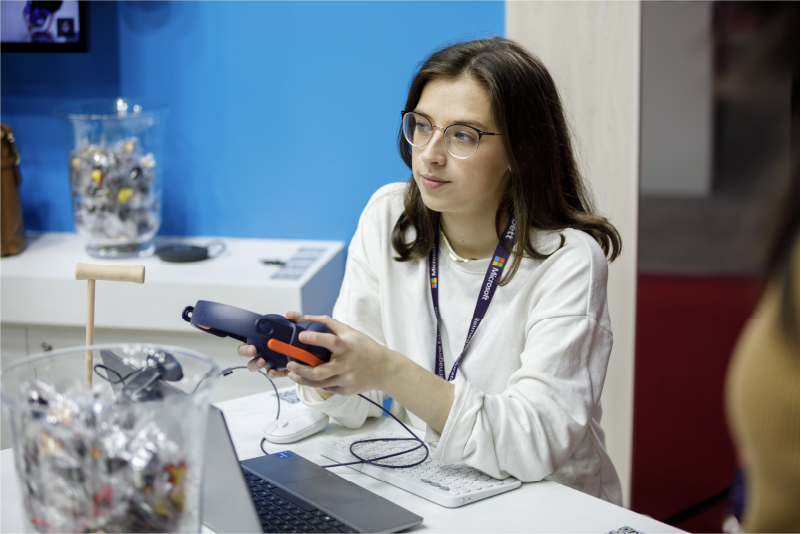
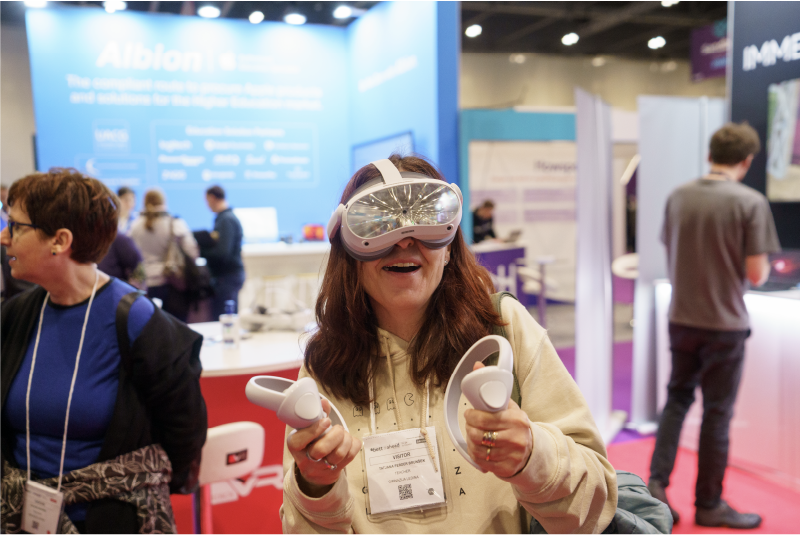
)
)
)
)
)
)
)
)
)
)
)
)
)
)
)
)
)
)
)
)
)
)
)

)
)
)
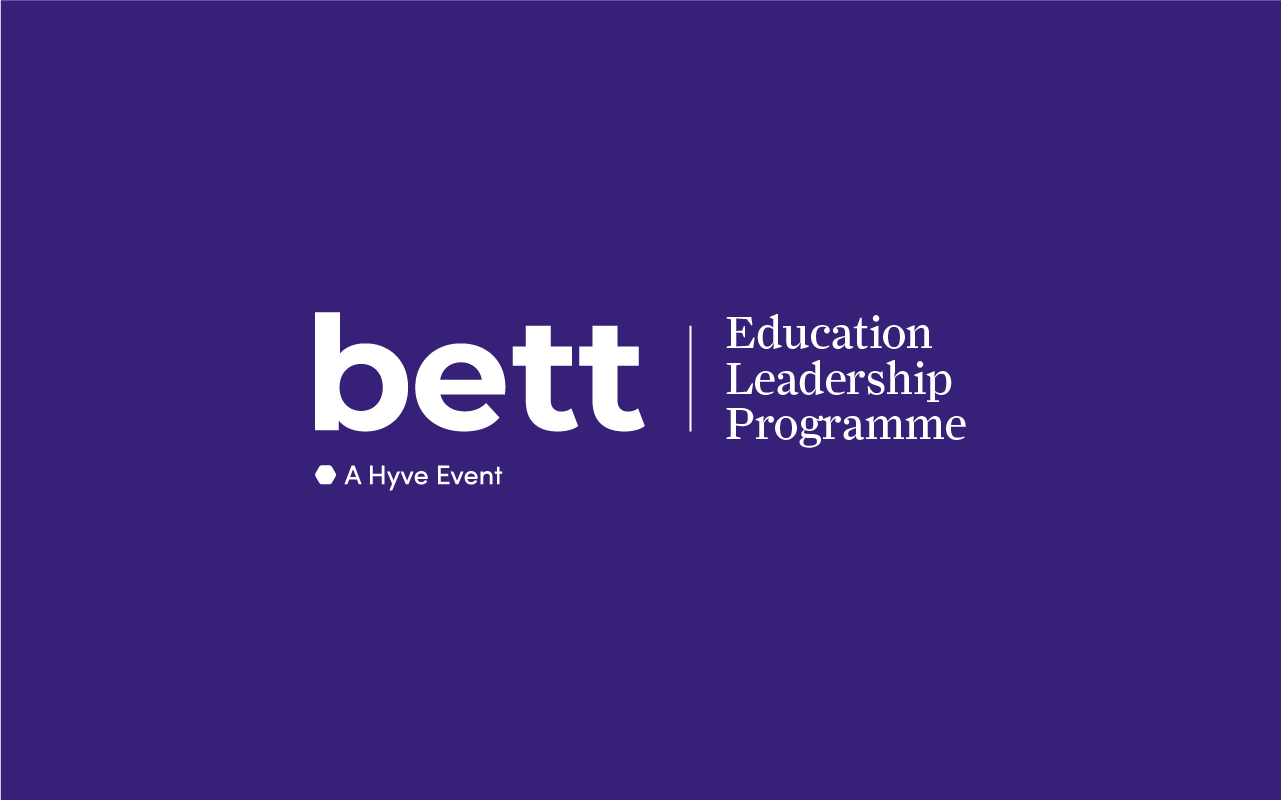

)
)
)
)
)
)
)
)
)
)
)
)
)
)
)
)
)
)
)
)
)
)
)
)
)
)
)
)
)
.jpg/fit-in/500x500/filters:no_upscale())
)
)
)
)
)
)
)
)
)
)
)
)
)
)
)
)
)
)
)
)